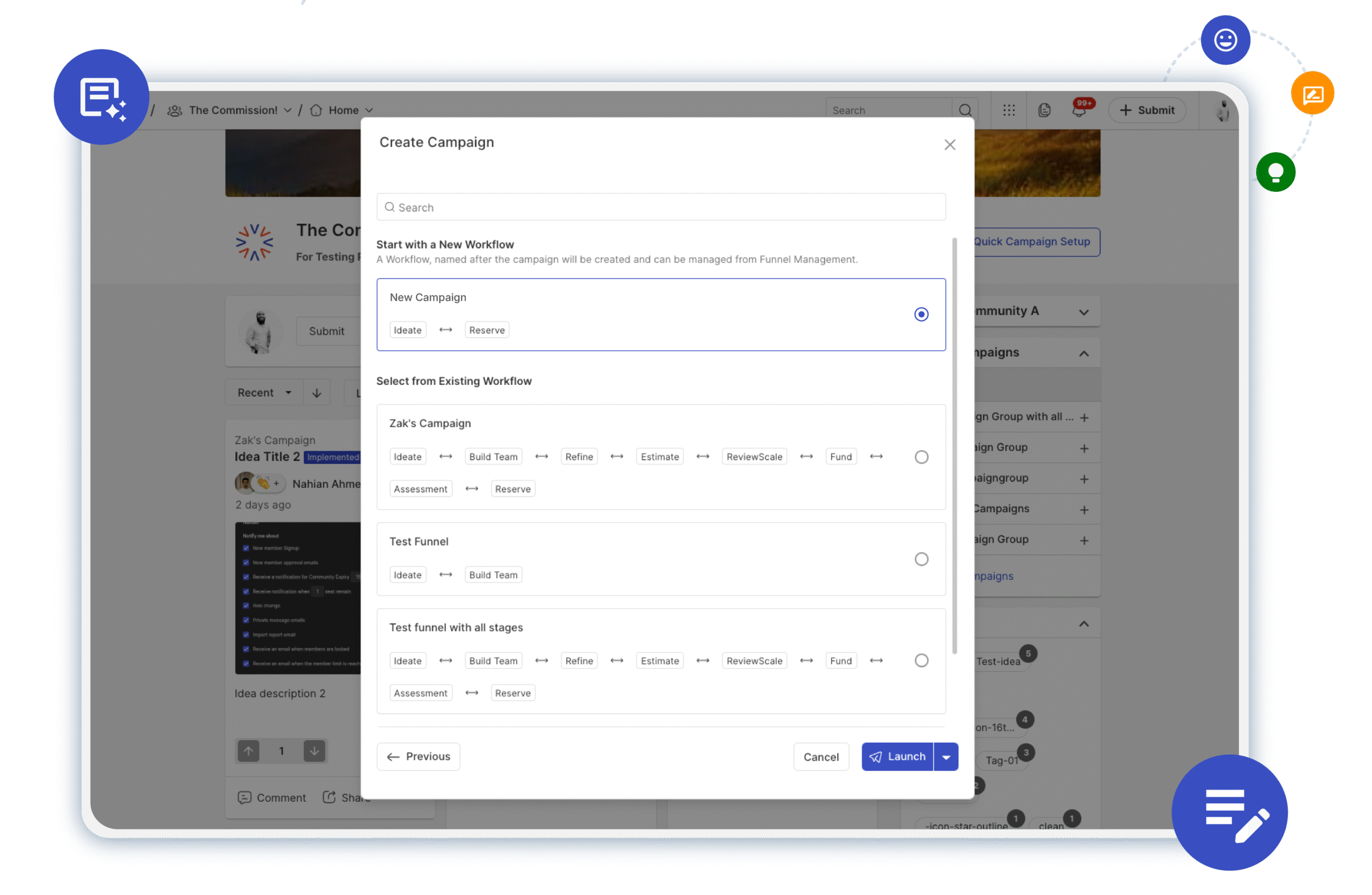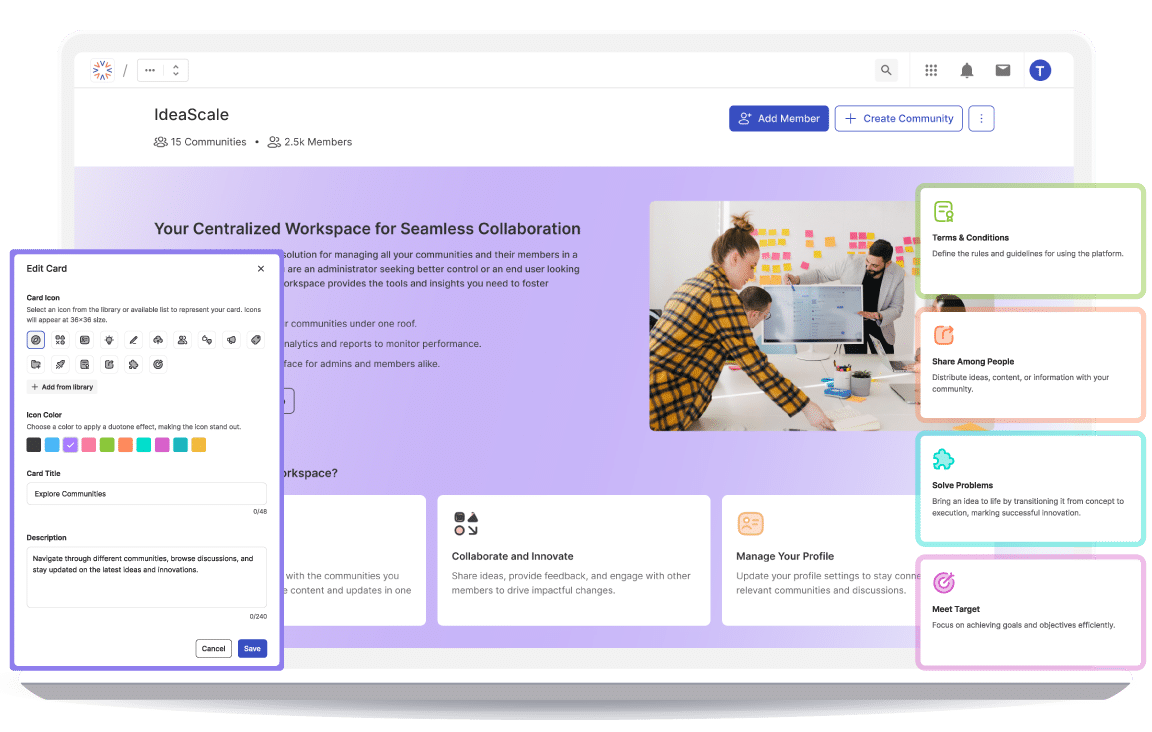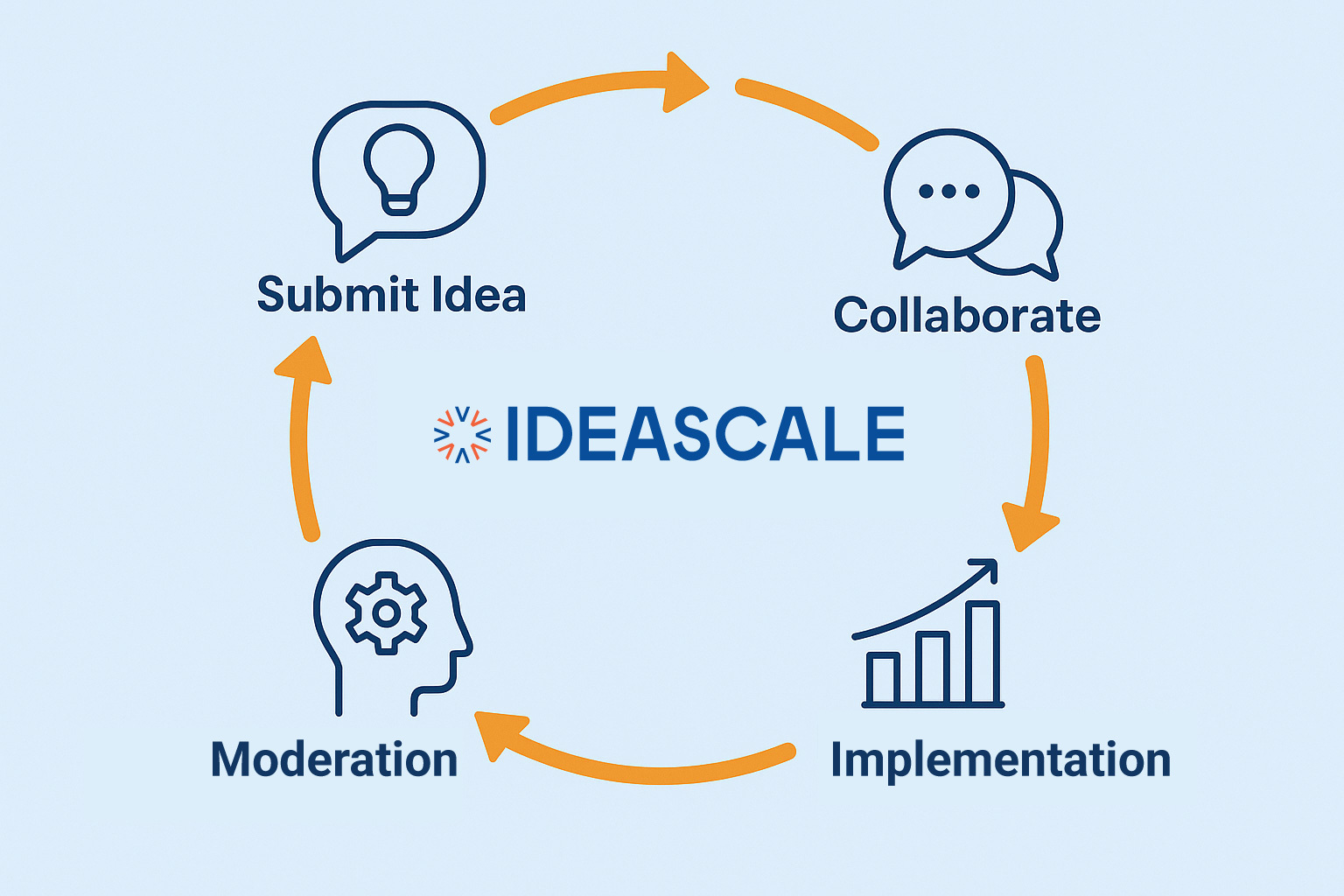
Josh Folk has turned the study and practice of innovation strategy into a multimillion-dollar business, helping millions of users across the world to grow and evolve with IdeaScale. In a recent interview with IdeaMensch, he talked about what it takes to build a strong framework for innovation strategy.
The Questions Not Asked
Whereas it’s important to be responsive to your customers’ needs and concerns, Folk learned that what companies wanted beyond addressing these was a way to identify what types of needs customers weren’t talking about.
Issues can fall into several categories: problems that didn’t occur to customers, issues they’re aware of but didn’t think to bring up, or concerns they wanted to voice but either didn’t get around to or weren’t comfortable discussing.
You can’t fix the problems you don’t know you have. So IdeaScale created ideation communities to fill the void.
It Takes a Village
Building communities and using crowdsourcing are great ways to get input to which you otherwise would not have access. Plus, spreading the burden among more people often results in improved efficiency and increased opportunity.
We have probably all worked with control freaks or micromanagers who have to have their hand in everything, and we all know it leads to no good. The people who can’t accept others’ ideas or who have to put their personal imprint on everything are the ones who use their anxiety as a driving force, rather than their confidence.
Folk says he uses the Warren Buffet Formula for success at work — dedicating part of each workday to reading and thinking. If your brain is constantly racing to get through tasks on your to-do list, you never have time for contemplation. Hamster wheels rarely give rise to innovation.
If you’re lucky, you work at a company that realizes this.
Folk says this is an exciting time for innovation because so many companies are open to it and encouraging it. The new generation works differently.
Innovation Strategy Attitude
Despite the changes in the workplace for the better, progress and success often come down to a particular mindset. Folk says he doesn’t let failures haunt him; he shakes them off and moves ahead quickly.
It can be a fine line. It’s important to learn from our mistakes so we don’t keep making them, but we can’t let our mistakes make us timid.
It’s a familiar theme in sports. Every time you take the field, the court, or whatever arena in which you’re playing, you have to believe you can win, even if everyone else thinks you can’t. If you strike out three times in a row, you can’t think about it next time you’re at bat. If you let two balls get by you in the first half, you have to go into the second half like it’s a whole new game.
_600x.jpg)
This isn’t as easy as it sounds. We are all born with a particular temperament, and this can be difficult to change. If your comfort allows it, you can try to dial back your level of correlation between your abilities and your successes and failures.
As annoying as people who claim nothing is ever their fault are, the truth is they often take more risks than those who believe everything is their fault. It’s good to aim for some middle ground here. Some training or therapy can go a long way in quelling fears and insecurities.
Learn More from IdeaScale’s Folk
Want to learn more about Folk’s wisdom? Read the entire IdeaMensch interview and find out what he says about learning from mentors, gleaning something useful out of the most mundane situations, and avoiding coasting to stay sharp and improve innovation strategy. For regular updates on innovation management, contact us!
Most Recent Posts
Explore the latest innovation insights and trends with our recent blog posts.













